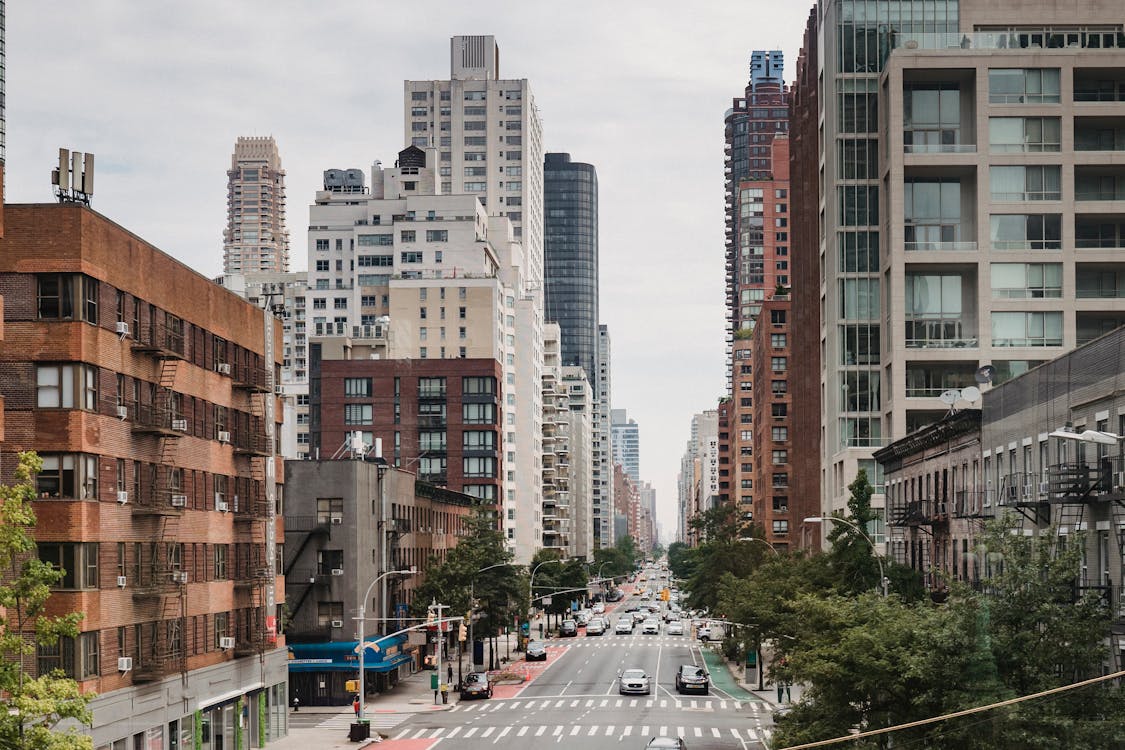As an offshore worker in the Gulf of Mexico or another of our nation’s waterways, your own safety relies on your co-workers’ safe work practices, proper maintenance of the vessel or rig you are stationed on as well as other equipment you have to use in this dangerous environment. Too often offshore workers are injured because they are not provided the necessary equipment with which to do their jobs safely.
A lot can go wrong in navigable waters. So, if you’re a maritime sector worker or loader, you may need to hire a New Orleans maritime accident lawyer if you were injured.
If you love to catch some fun, New Orleans is one of the best places to be in. That’s especially if you crave some adventure in its beautiful waters. There are many amazing fun options to choose from, from flyboarding to water skiing, swimming, boating, and tubing. Even the maritime workers may take some time off to savor the serenity of the New Orleans waters.
Unfortunately, however, you stand a high chance of sustaining a maritime accident injury if anyone is careless around the waters. According to statistics, 1163 people died in maritime accidents in 2017 alone. This figure accounted for drilling platforms, freighters, tankers, passenger ships, and other types of maritime accidents. Many times, maritime accident injuries can be extremely severe and life-threatening.
As an injured seaman, you can get fair compensation for your maritime accident injuries. However, you can hardly get by without a maritime lawyer’s help. So, if you find yourself in a maritime accident, contact a maritime accident attorney from Wright and Gray.





What Are the Primary Causes of Onshore and Offshore Accidents?
Many factors cause injuries for onshore and offshore workers in the maritime sector. These injuries usually affect workers on tug boats and crew boats. They include:
Bad Weather Conditions
Adverse weather triggers dangerous conditions that lead to maritime accidents. For example, bad weather and lack of visibility are major reasons ships capsize or collide. Sometimes, weather forecasts cannot predict unstable climatic conditions.
Hazardous Chemicals
Maritime employees are usually exposed to many hazardous conditions and chemicals. When they contact such toxic substances, they can easily fall ill, sustain devastating injuries, or even die.
Faulty Equipment and Unseaworthy Vessels
For vessels to perform optimally, they must be seaworthy. That means that they must be safe and fit enough for a sea voyage. Unfortunately, many vessels develop faults due to a lack of proper maintenance and care. These unseaworthy vessels and other faulty equipment can easily cause an accident.
Inadequate Training
Maritime jobs are complex and dangerous. As such, employees in the marine sector need lots of skills and intense training. However, some workers may get employment through the back door without proper training. These workers are prone to making avoidable mistakes that result in severe accidents.
Fatigue and Long Work Hours
When maritime workers work long shifts, they can easily develop fatigue and stress. This can make them lose concentration on the job and cause severe accidents for themselves and other crew members.
What Are the Common Types of Injuries in a Maritime Accident?
Oil company workers and other employees in the maritime sector earn pretty well for the work they do. However, one of the reasons for the tempting paychecks is that maritime jobs can be very risky. Maritime workers face numerous on-the-job risks from falling overboard to slips and falls, chemical burns, dock, and pier accidents, etc. These maritime accidents can cause severe injuries and property damages for the victims.
Sometimes, the injured workers don’t survive the injuries and may even die at the accident scene. These injuries include the following:
Head Injuries/Traumatic Brain Injuries
A head injury is a general term for injuries that affect the skull, brain, scalp, and blood vessels/tissues in the head. They include concussions, skull fractures, intracranial hematoma, etc. Traumatic brain injuries, however, are limited to damages that affect the brain alone.
This type of head injury usually occurs from a jolt or blow to the head, common in slips and falls. Since many maritime workers are always in motion, they’re prone to slip and fall accidents that can cause head trauma. As a result, many head injuries will require urgent medical attention to avoid the risk of severe health complications and death.
Back Injuries
Maritime workers are often prone to different types of back injuries. These usually happen during slips and falls on wet and dry docks, physical trauma from heavy equipment, being hit by a cargo crane, etc. Generally, one of the most common types of back injuries maritime employees sustain is lumbar spine injuries.
Broken Bones and Fractures
Maritime jobs may require that workers climb extreme heights. When those workers trip and fall because of faulty ladders, they can easily break some bones.
Shoulder Injuries
There are different types of shoulder injuries that maritime employees may suffer on the job. The most common ones include sprains, dislocations, strains, tendonitis, etc.
Lost Limbs and Amputation
Maritime workers are at high risk of losing their limbs to a work-related accident. This usually occurs as a result of faulty equipment.
Burns
Many docks and pier accidents are due to fires, explosions, and electrocutions. These fires and explosions cause severe bodily harm and property damage. They can even result in third and fourth-degree burns that require urgent medical attention. According to statistics, 8% of burn injuries are occupational.
You can get the following types of damages for any of the aforementioned types of maritime accident injuries:
- Past and future medical expenses and hospital bills
- Loss of enjoyment of life
- Lost wages
- Loss of earning capacity
- Death benefits in wrongful death cases. This includes benefits for funeral expenses and compensation for the deceased’s family.
- Pain and suffering
Are There Any Laws Protecting Injured Workers in the Maritime Industry?
As a maritime employee in New Orleans, some laws protect your rights when you sustain a work-related injury. These laws guarantee compensation for your job injury from harbor workers to shipyard workers, oil rig workers, and vessel workers. They are:
Longshore and Harbor Workers Compensation Act
The Longshore and Harbor Workers Compensation Act (LHWCA) is a federal law that guarantees financial support for maritime workers who aren’t seamen. These monetary compensations are available to such maritime workers regardless of fault. The compensation benefits include medical bills, funeral expenses, and disability benefits.
The Jones Act
Formerly called the Merchant Marine Act of 1920, the Jones Act provides certain rights and protections for seamen. It provides for the welfare and protection of many crewmembers aboard offshore vessels. It always gives them the right to file negligence claims and lawsuits against their offshore employers.
General Maritime Law
General Maritime Law provides damages for crewmembers who suffer injuries due to a vessel’s unseaworthiness. These injuries include maintenance and cure payments as well as other living expenses.
Outer Continental Shelf Lands Act (OCSLA)
This act provides compensatory benefits for offshore workers on the Outer Continental Shelf. The benefits include disability payments, medical bills, death benefits, and rehabilitation costs.
Death on the High Seas Act
This act regulates wrongful death claims in the maritime industry. It guarantees compensation to the family members of deceased maritime workers who died as a result of negligence. However, the accident must have occurred on a vessel in international waters.
follow us always on our website

